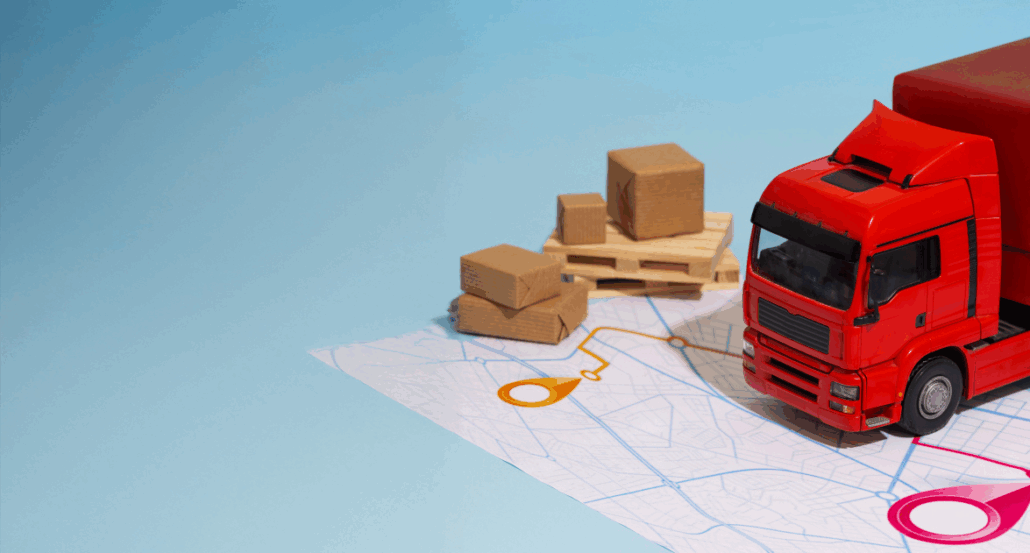Importing Auto Parts and Spare Parts to Panama: What You Need to Know
Importing Auto Parts and Spare Parts
Panama, thanks to its strategic location and robust logistics infrastructure, is one of the most active countries in the region when it comes to importing automotive products.

If you’re thinking about importing auto parts or spare parts, whether for commercial or personal use, there are several key things you should consider to do it correctly, avoid delays, and comply with customs regulations.
In this blog, we’ll walk you through everything you need to know before importing spare parts to Panama.
What qualifies as a spare part or auto part?
In customs terms, spare parts or auto parts refer to any component or accessory designed for motor vehicles, such as:
- Engines and transmissions
- Batteries
- Shocks and brakes
- Filters, belts, spark plugs
- Body parts (doors, hoods, windows)
- Accessories (lights, radios, sensors, etc.)
Is it legal to import used spare parts?
Yes, importing used spare parts is legal as long as they are in good condition and do not pose a risk to road safety or the environment.
It’s advisable to check with a customs agent or the National Customs Authority before importing used parts.

Requirements for importing auto parts into Panama 📑
To import auto parts, you must meet a few basic requirements:
1. Be registered in the SIGA system (Integrated Customs Management System)
Your business must be registered with Panama’s National Customs Authority in order to carry out import procedures. If the part is for personal use there is no need to be registered in SIGA
2. Have an active RUC and business license
If you’re importing for commercial purposes, you must be formally registered as a business in Panama.
3. Provide a commercial invoice and supplier documentation
This includes a detailed description of each part, country of origin, FOB value, and other relevant information for customs classification.
4. Know the applicable tariffs
Auto parts fall under different tariff codes and are taxed differently based on their type and origin. A customs broker can help you calculate the total nationalization cost.
Key Considerations ⚠️
- Avoid misdeclaring products: Declaring a part as a “tool” or “generic accessory” to pay lower taxes can lead to penalties.
- Check compatibility with local standards: Especially if you’re bringing parts for vehicles not commonly sold in Panama.
- Be mindful of delivery times and logistics costs: Bulky or heavy parts may incur high shipping fees.

Is it worth importing spare parts?
Yes, especially if you run a repair shop, manage a vehicle fleet, or are looking to cut costs. Many businesses save significantly by buying directly from manufacturers or wholesalers abroad.
But as with any customs process, the key is doing it right from the start.
Need help?
At Grupo Aduanero KAM, we help you manage the entire process, from tariff classification to logistics coordination and customs clearance.Avoid mistakes, delays, and fines. Contact us to guide you step by step.


Leave a Reply
Want to join the discussion?Feel free to contribute!